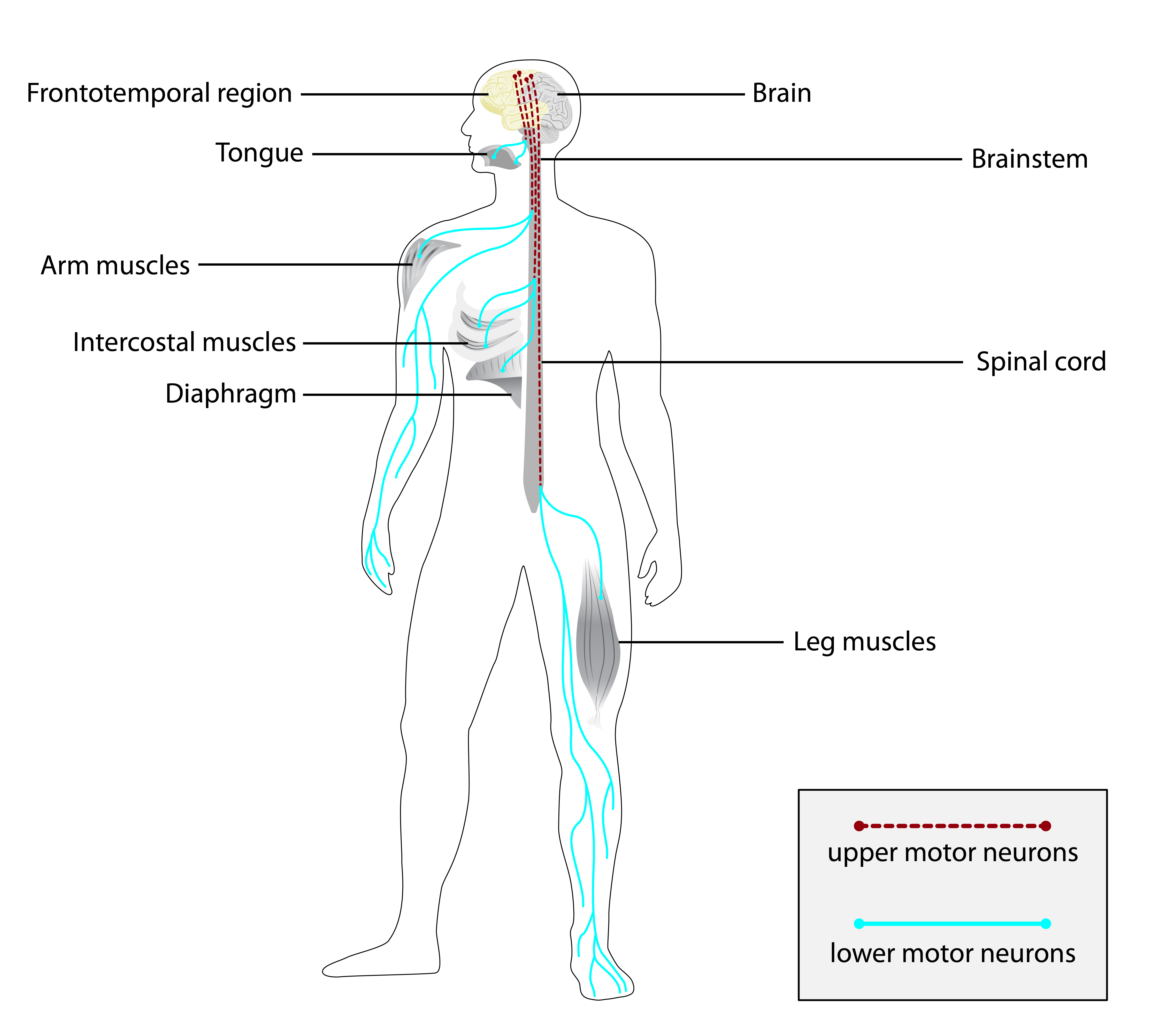
Tiny Twitches, Big Questions
You ever spill coffee first thing in the morning and write it off as… well, “not enough caffeine yet”? Yeah. Me too. But what if your hand does that little tremor-thing more than once? Or your foot drags just so when you’re dashing after your laundry (the one time, of course, you’re not wearing socks)? Sometimes it’s just life being messy. Sometimes, it’s your body whispering about bigger things. And for some women, that’s the first sign of ALS sneaking in—a warning that, honestly, is crazy easy to wave off as “just tired” or “it’s Monday, what do you expect?”
I want to talk about the little things—the ones we laugh about at brunch, or swap stories about while sweating through a Pilates class. The ones that might matter.
When Do You Notice?
Have You Felt It Yet?
Here’s a wild truth: ALS is sometimes called a “quiet disease” because it doesn’t yell. No sharp pains, no flashing lights. Just… odd little moments. For women, those moments sometimes pop up as muscle twitches—think eyelid flutter, but in your hand or foot or maybe your tongue. Sometimes, it’s a clumsy spill, a weird cramp, or a stubborn button you suddenly can’t fasten. The first sign of ALS in women can be so gentle you question if it even happened.
Personal Example
Let me give you a real one: A friend of mine (let’s call her Jen) started dropping her phone, like, all the time. “Butterfingers,” she joked. But then her hand cramped up picking up a mug. The twitches at night? She blamed those on stress… At first. If you’re curious, a lot of women share their own “is this normal?” stories on My first ALS symptoms.
Weakness That Won’t Quit
Is Your Body Betraying You?
Here’s the not-so-fun part: Muscle weakness isn’t just “oh, I’m out of shape.” With ALS, it starts slow—maybe your hand just won’t grip the yoga mat the same way. Or your ankle rolls for no reason on flat ground. According to research on early ALS symptoms in women from healthline, it might show up first in your limbs (so, walking, carrying your groceries, buttoning). For some, it’s a strange heaviness, not even pain, just… tired muscle feeling. And it creeps. It lingers.
Everyday vs. ALS Weakness
| Activity | Normal Life Oops | Possible ALS Clue |
|---|---|---|
| Buttoning Clothes | Struggle after arm day at the gym | Frequent, gets harder each week |
| Tripping or Falls | Tripped stepping over a toy | Nothing there, happens often |
| Hand Strength | Wrist tired after typing memo | Can’t turn a doorknob, drop things repeatedly |
And before we get panicky: if you only trip once (or twice…on a good Monday), check out signs you don’t have als for a reality check. Most clumsy moments aren’t worrying at all.
Speech Gets Slippery
Not Just “Mumbling”
Burger night, bunch of friends, lots of laughs—you take a bite and choke a bit. Or maybe you go to answer the phone and your words come out weirdly thick or slow. Guess what? For around 1 in 4 women with ALS, the very first signs aren’t in the hands or feet. They’re right there in your voice. Slight slurring (that gets worse when you’re tired), or feelings like your tongue’s not following directions. Sometimes, you just can’t swallow that sip of water as smoothly as before. Based on research from the ALS Association, that’s called “bulbar-onset ALS”—and women are a little more likely to get that kind.
Anecdote: Table Talk
I’ll never forget a dinner where someone kept coughing (spaghetti, why do you do this?), and she shrugged it off, “Wrong pipe!” After a while, her speech started sounding thick, almost like she was fighting off a cold. That was her first real sign, even if she didn’t realize it. For more actual stories, check My first ALS symptoms.
Unexpected Laughs (Or Tears)
Are Your Emotions on a Roller Coaster?
Here’s the weird thing: Sometimes ALS brings a burst of laughter—hysterical, out-of-nowhere, not even that funny. Or tears well up for no real reason. This is called “emotional lability” (which is medical for your feelings throw a dance party and you weren’t invited). According to medical news from medical news today, this hits some women early—sometimes even before classic muscle issues show up. Feels a bit like PMS or even menopause, so it’s easy to misread.
Let’s Compare
| Emotion Shift | Life Stuff | ALS Possibility |
|---|---|---|
| Crying Easily | Sad movie, drop of a hat, hormonal day | Happens randomly, often, feels “off” |
| Laughing Fits | Friends’ inside joke, that one meme | Uncontrollable, not fitting the moment |
If you notice these “emotional earthquakes” paired with any muscle thing… pause and check in with your doctor. But don’t panic: stress, grief, and menopause can do something similar, just without the physical weakness hanging around.
Why Are These Signs So Hard to Notice?
Because Life Is Busy (and Loud)
Let’s be real: Who has the time to monitor every quirk? If you’re anything like me, you’re barreling from work to school pick-up to yoga somewhere in between. When weird things happen—like tripping over nothing, or realizing you’ve switched to “softer foods” without meaning to—it’s easy to chalk it up to life being, well…life.
Studies, like one on very early ALS symptoms from ALS United Greater NY, remind us that many women don’t notice until the signs are stacking up. And hey, sometimes friends are the first to ask: “hey, are you okay? That’s the third time this week your soup went down the wrong way…”
How Fast Does It All Happen?
Spoiler: Not Overnight
You know how quickly a cold can show up—one day you’re sniffly and the next you’re down for the count? ALS isn’t like that. The first sign of ALS in women is usually slow to grow. Maybe you notice some weakness, and weeks later, a bit more. Maybe you start slurring words, and it takes months before anyone else notices. Some women wait a year or more before getting a real answer. Frustrating? Absolutely. But it’s weirdly comforting to know that slow change is pretty normal here. This isn’t a race; it’s a slow, stubborn marathon.
Quick Reality Check
If you’re worried about every twitch, pause and breathe. If your symptoms come and go, or improve with rest, you’re probably in the clear. Check out signs you don’t have als for sanity-saving reminders (yeah, I read it myself more than once).
Should You Panic?
Oops vs. Something More
I know, Google can make you anxious in five seconds. The reality is, lots of things can look like ALS for a minute. Vitamin problems, pinched nerves, stress, carpal tunnel… even menopause (yep, that again!). But if the symptoms keep stacking up—muscle twitches, weird weak hands, speech changing, trouble swallowing—and they aren’t going away, yeah, it’s time to get them checked.
What To Ask Yourself
- Have these weird things lasted more than a few weeks?
- Are they spreading or getting a little worse?
- Anyone else notice?
- Is there a history of muscle wasting or early menopause in your family?
If you answered “yes” to a few, do what so many strong women have done—book a chat with your doctor. The tests aren’t scary (promise!). Often, you’ll get peace of mind. Or, if needed, you’ll get help early—because early counts here, more than you might think. You can read stories from women who went through exactly this over at My first ALS symptoms.
What If It’s Not ALS?
Good News, Most Times
Deep breath: most twitching, tripping, clumsy hands or wobbly words are not ALS. They’re just part of being human—busy, stressed, sometimes sleep-deprived, sometimes… let’s be honest, just getting older. For more on what’s not ALS, signs you don’t have als is an easy, no-jargon guide.
But if your gut says “this is different”—that deep voice inside that knows you best—then you’ve got every reason to listen. Trust that spark. Trust yourself.
How to Show Up for Yourself
You, Your Body, & Your Team
Here’s my pep talk: You know your body better than anyone. You know when you’re “off”—even if that off is so tiny, so quiet, it makes you doubt yourself. You deserve answers, and you deserve to be heard (even if it feels a little awkward bringing it up with your doc). Don’t let anyone tell you “it’s just in your head” if your gut says otherwise.
Bring a list of what you’ve noticed (twitches, clumsy hands, emotional waves). Share how it started. Don’t be shy with questions—that’s what neurologists are for. And take along those stories you read on My first ALS symptoms or share your own. Sometimes knowing we’re not alone makes all the difference.
Wrap-Up: You Are Not Alone
Let’s land here. The first sign of ALS in women is usually a tiny thing—a twitch, a stumble, a word that won’t quite shape itself in your mouth. It’s annoying, sometimes funny, sometimes scary. It can be so small you question if it matters—but it does. Not because most of us will get ALS (we won’t). But because listening, caring, paying attention… that’s loving yourself out loud.
If you see what you think might be ALS, don’t panic, but don’t wait. Early is everything here. And if you want a real, honest look at what happens next, spin through stories on My first ALS symptoms or sanity-check with signs you don’t have als. You’re stronger—and smarter—than you think.
Have you noticed any of these signs? Don’t ignore them, but don’t lose sleep either. Own your curiosity. Ask questions. That’s how we all stay a little safer and a whole lot wiser, together. You’ve got this, one tiny symptom at a time.

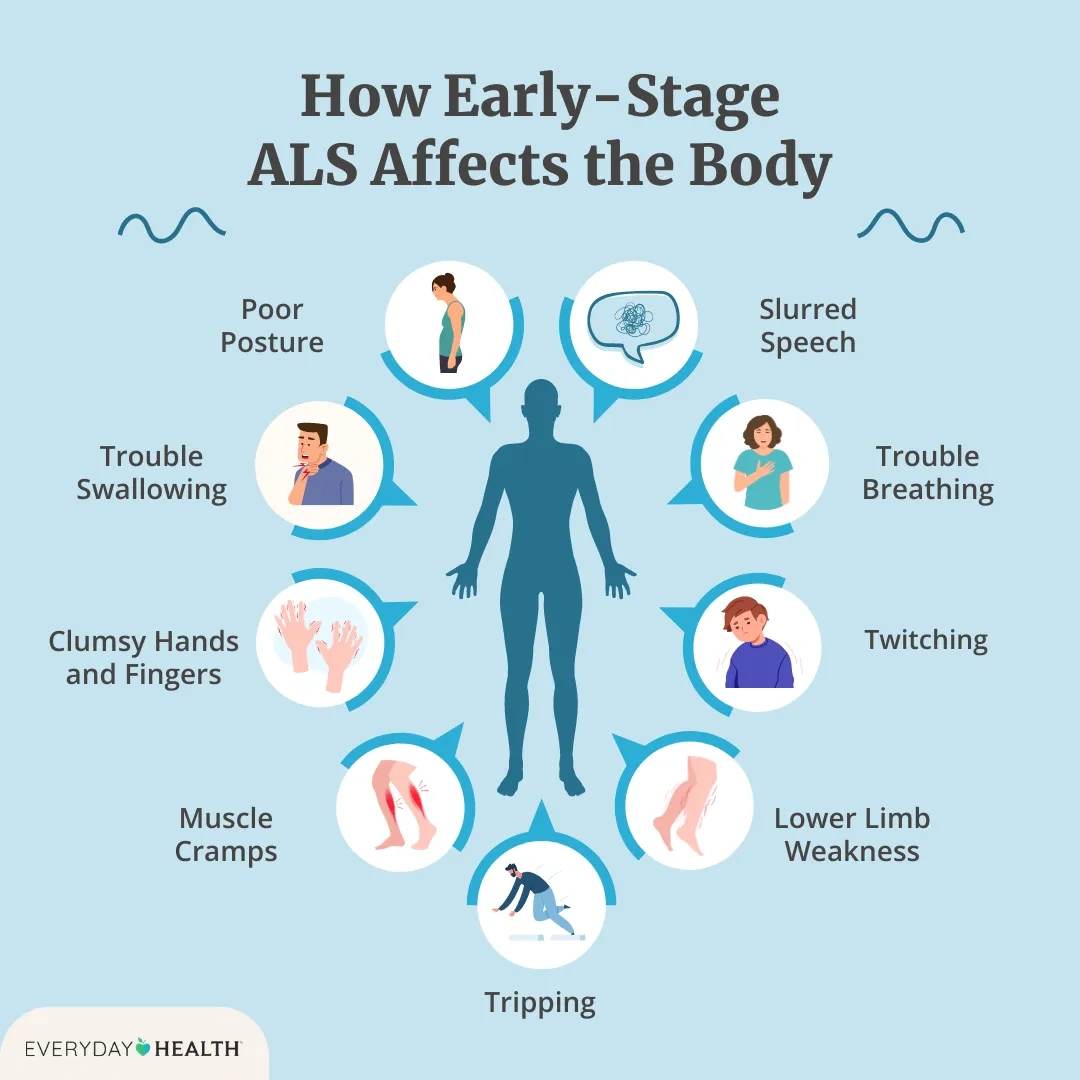




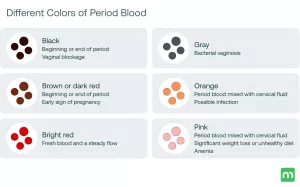
















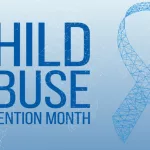
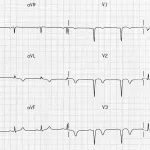
Leave a Reply
You must be logged in to post a comment.